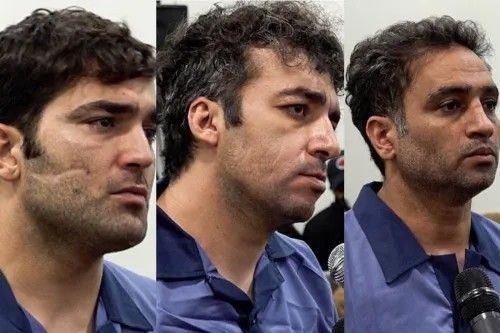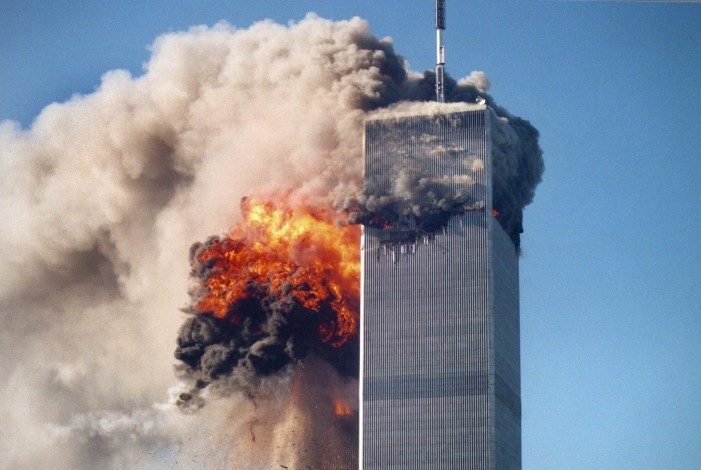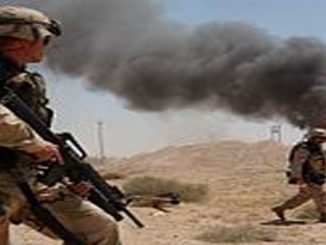
The Iranian judiciary on Friday stated that three men were executed after being convicted of participating in the most recent protests.
It added that Saleh Mirhashemi, Majid Kazemi and Saeed Yaqoubi were executed in the city of Esfahan and involved in the killing of two members of the Basij paramilitary force as well as a security guard.
The three young men were sentenced weeks ago, and Iran ignored all calls to stop their execution, in a case known as Esfahan House.
On Thursday, the three young men made their last phone call from prison, urging their lives to be spared.
Amnesty International considers the death sentence against the three young men: “A blatant act of vengeance against a courageous generation of protesters for steadfastly demanding the rights of Iranian people during the past seven months.” It called on the international community to: “Take urgent and bold action to stop the execution of these protesters before it is too late.”
Amnesty International’s Deputy Director for the Middle East and North Africa Diana Eltahawy described the judiciary system’s role in Iran’s trial of the three men as “shocking”.
Eltahawy stressed that the men were sentenced to death using “torture-tainted ‘confessions'”, adding: “Serious procedural flaws and a lack of evidence is another example of the Iranian authorities’ brazen disregard for the rights to life and fair trial.”
Amnesty International’s statement also mentioned the audio recording of Kazemi in prison, where he talks about being tortured by interrogators, electrocuted, mock executions, threats of sexual assault and assaults on his family, leading to his forced confessions.
Kazemi, Mirhashemi and Yaqoubi had written a letter directed at the Iranian people from inside prison, pleading: “We need your help and support, don’t let them kill us.”
Deputy State Department Spokesperson Vedant Patel told journalists that executing Kazemi, Mirhashemi and Yaqoubi would be a disgrace to human rights.
The Iranian authorities have carried out dozens of executions against activists who participated in the protest that followed the death of young Kurdish woman, Mahsa Amini, at the hands of the morality police.
The authorities indicated that those executed were involved in killing or planning to kill security officers, and guilty of tampering with and destroying public property of the state.
According to Amnesty International, Egypt, Saudi, Iran account for 90% of global executions.
Amnesty’s report reveals that there was a spike in the number of people executed worldwide at 53 per cent, but also that several countries had taken “decisive steps away from the death penalty in 2022.”
“Without doubt, the world continued to move away from the death penalty and only a minority of countries – that are increasingly becoming isolated – actively used the punishment. Six countries abolished the death penalty either fully or partially in 2022.”
Kazakhstan, Papua New Guinea, Sierra Leone and the Central African Republic abolished the death penalty for all crimes.
The significant increase in executions was seen in the Middle East and North African countries.
Kuwait, Afghanistan, and Palestine were among the countries which resumed executions after not doing so for several years, according to Amnesty’s report.
In March 2022 Saudi Arabia announced that it had executed 81 people in one day for a mixture of “terror” related crimes. Defendants were actually convicted of charges such as taking part in protests and “disrupting the social fabric and national cohesion.”
Saudi is known for holding trials that are unfair and extracting ‘confessions’ after detainees have been tortured.
Amnesty International’s secretary general said: “Countries in the Middle East and North Africa region violated international law as they ramped up executions in 2022, revealing a callous disregard for human life.”
“The number of individuals deprived of their lives rose dramatically across the region; Saudi Arabia executed a staggering 81 people in a single day. Most recently, in a desperate attempt to end the popular uprising, Iran executed people simply for exercising their right to protest.”



